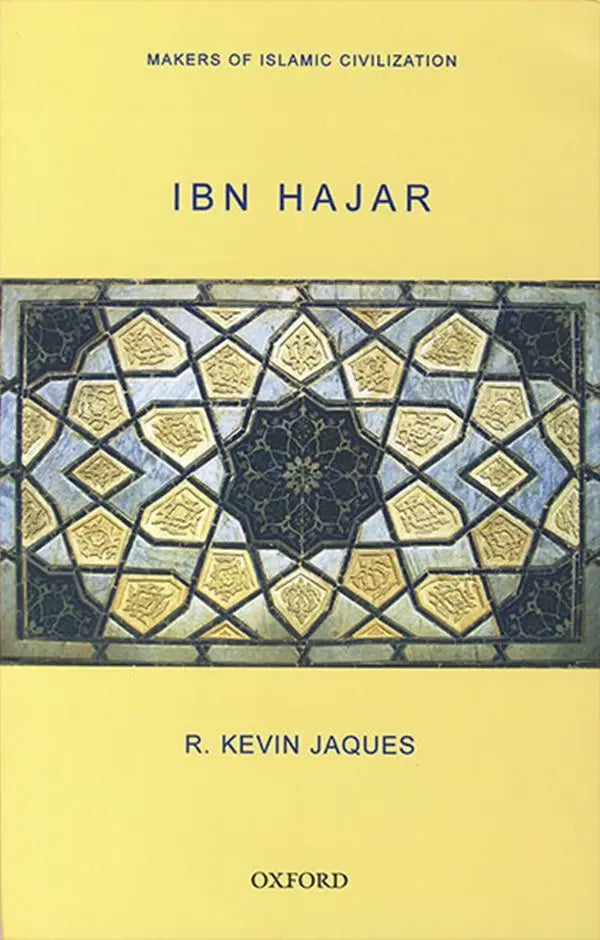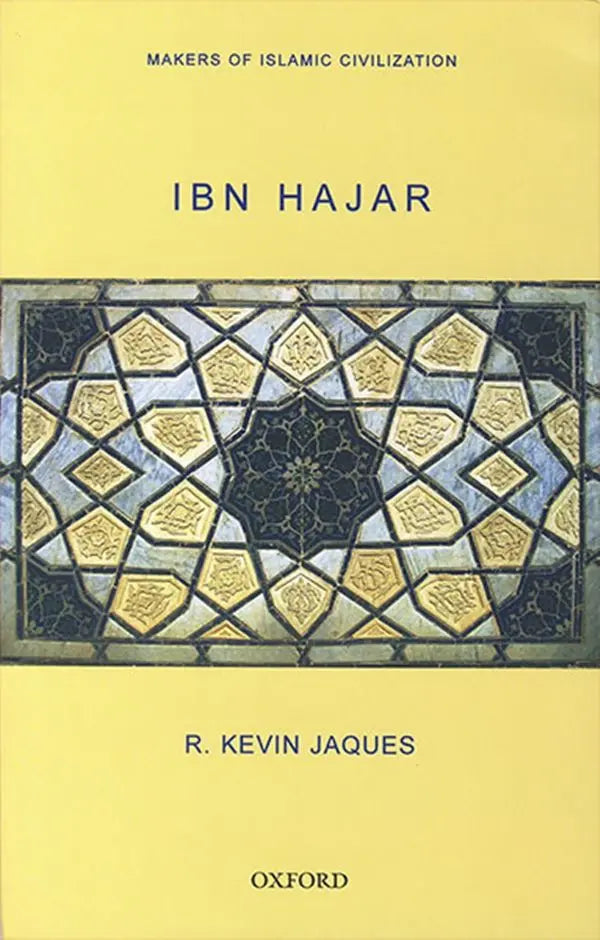About The Book
Ibn Hajar al-‘Asqalani (1372–1499) was one of the most influential thinkers of the fifteenth century. Drawing on autobiographical texts and contemporary accounts, Jaques focuses on the most widely read of Ibn Hajar’s works – Fath al-bari (a commentary on the Sahih of al-Bukhari), Inba’ al-ghumr (a history of the Mamluk period), as well as his many works of prosopography. Ibn Hajar drew on the theories, ideas and aspirations of the preceding centuries of Islamic scholarship to project an enduring solution to the crises of his time. An important strand in the story is how, despite personal suffering and the dangerous intrigues around him, Ibn Hajar rose to prominence as the chief Shafi‘i judge of Egypt.
This book recounts a fascinating life profoundly devoted to religious learning. It describes the severe personal and professional problem that ibn Hajar faced: the deaths of most of his children, plague, and the political scheming of the Mamluk court. The book also demonstrates how Ibn Hajr found solace and protection in the Sunna and how he attempted to transform it into a personal and moral guide for Muslim life. Understanding his life and work is of direct relevance to Muslims now witnessing comparable traumas, political upheavals and uncertainties.
About The Author
R. Kevin Jaques, associate Professor of Islamic Studies at Indiana university, has written extensively on Islamic legal history, of the Shafi‘i school in particular. He is the author of Authority, Conflict, and the Transmission of Diversity in Medieval Islamic Law (brill, 2006). His monograph on the murder of the Shafi‘i judge Najm al-Din ibn Hijji (d. 1427; a contemporary of Ibn Hajar) was published in 2010.


